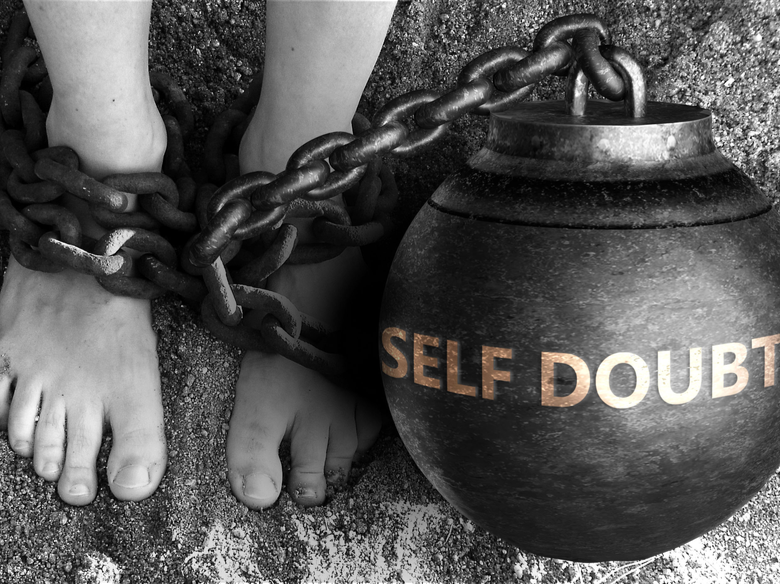In the journey of life, many of us find ourselves held back not by our abilities but by our perceptions of what we lack. The idea that “it isn’t what you are that holds you back; it’s what you think you’re not” captures the essence of self-doubt and its powerful impact on our lives. This blog explores the nature of self-doubt, its effects, and strategies to overcome it, allowing us to embrace our true potential.
Self-doubt is a natural human experience. It arises from our fear of failure, our desire for perfection, and our tendency to compare ourselves to others. While a certain level of self-awareness is healthy, excessive self-doubt can become a barrier to personal and professional growth.
Consequences of Self-Doubt
- Missed Opportunities: Self-doubt can cause us to hesitate or avoid opportunities that could lead to growth and success.
- .Reduced Performance: Lack of confidence can negatively affect our performance, as we are less likely to take risks or push ourselves beyond our comfort zones.
- Strained Relationships: Doubting our worth can impact our relationships, leading to insecurity and difficulty in establishing meaningful connections. It can also lead to being very needy and being too dependent on relationships, which is usually a turn-off.
- Emotional Distress: Chronic self-doubt can contribute to anxiety, depression, and overall emotional distress.
How To Overcome Self-Doubt?
To break free from the chains of self-doubt, we must challenge our negative beliefs and cultivate a mindset of self-acceptance and confidence. Here are some strategies to help us embrace our true potential:
- Recognize and Challenge Negative Thoughts: Overcoming self-doubt begins with recognizing the negative thoughts fueling it. Reflect on what triggers these doubts—whether it’s past experiences, fear of failure, or external criticism—and consciously challenge them. Reframe self-critical thoughts into constructive and positive affirmations. For instance, instead of thinking, “I can’t do this,” remind yourself, “I’m learning, and it’s okay to make mistakes.”
- Set Realistic Goals: Unrealistic expectations can amplify self-doubt, so setting achievable goals is key. Break your objectives into smaller, attainable steps, and focus on steady progress rather than perfection. Celebrating each step along the way helps maintain motivation and confidence.
- Cultivate Self-Compassion: Be kind to yourself, especially during moments of self-doubt. Replace harsh self-criticism with understanding and remind yourself that everyone experiences setbacks—it’s a normal part of growth. Treat yourself with the same compassion and patience you would offer a close friend.
- Seek Support: Sometimes, overcoming self-doubt requires reaching out for support. Sharing your feelings with a trusted friend, mentor, or therapist can provide encouragement and a new perspective. Surrounding yourself with positive and supportive people helps reinforce your self-belief.
It isn’t what you are that holds you back; it’s what you think you’re not. By challenging self-doubt and embracing our true potential, we can break free from the limitations we impose on ourselves. Through self-awareness, realistic goal-setting, self-compassion, and support, we can cultivate a mindset of confidence and resilience. The journey to self-acceptance and empowerment is ongoing, but with dedication and effort, we can unlock our true potential and achieve greatness.
How do you overcome self-doubt in your journey? Share your thoughts and experiences on embracing your true potential.
Reach out to us at Surgir, we will like to walk this journey with you.
Rooting for you!


